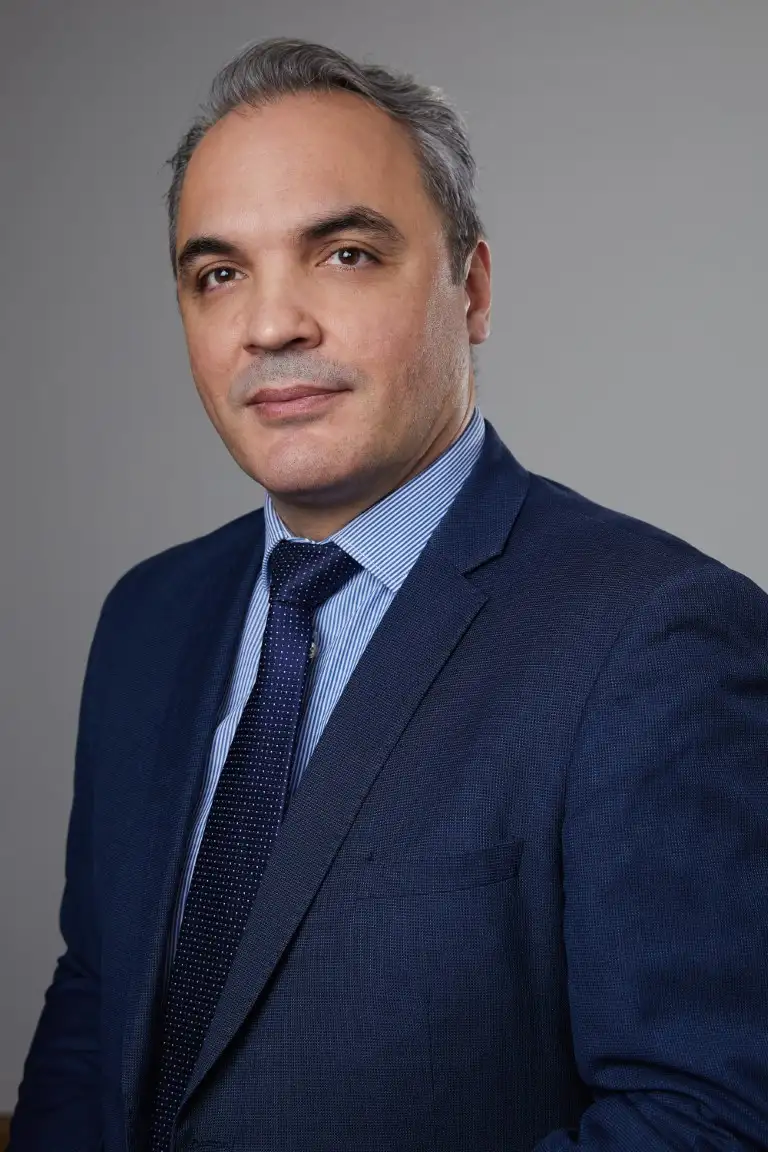GETTING A 3RD OPINION WITH AI – WE SPECIALIZE...
SERVICES
PNEUMONECTOMY
KLIMATSIDAS MICHALIS MD, PhD
THORACIC SURGEON – THESSALONIKI


PNEUMONECTOMY
The pneumonectomy is a type of surgery to remove one of the lungs (right or left) due to cancer, trauma or some other condition.
→ Lung cancer is the most common reason for performing a pneumonectomy. A pneumonectomy may be needed if a smaller surgery cannot remove all the cancer. Some cancers located near the center of the lung also need a pneumonectomy instead of a smaller surgery. If the operation is performed to treat lung cancer, the lymph nodes are also removed.
→ Sometimes - although less often - a pneumonectomy is required and for other lung diseases. Some of these include:
- Traumatic lung injury
- Pulmonary tuberculosis
- Fungal infections of the lung
- Bronchiectasis
- Congenital lung disease
- Bronchial obstruction with damaged lung
- Lung metastases (cancer that has spread to the lungs from another place in the body)
→ This is a demanding surgical procedure, which conducted openly with italics thoracotomy. In rare cases, it can be performed with eminimally invasive procedure (VATS), which uses smaller incisions than traditional open surgery done on the lung. However, in cancer treatment, most pneumonectomy specialists recommend VATS only for people with early-stage tumors located near the outside of the lung.
→ During a pneumonectomy, an incision is made in the side of the body, from which the affected lung is surgically removed. The sac that contained the lung (pleural space) fills with air. Eventually, liquid takes the place of this air. As it is a complex procedure, it requires a surgeon with great technical skill and experience.
→ The patient's hospitalization period ranges from five to ten days. A stay in the intensive care unit is usually required for the first 24 hours.
→ Surgery gives the best chance for patients with early-stage cancer.
→ Many patients who have undergone a pneumonectomy have excellent results. However, it remains a high-risk operation. Some of the possible complications that can occur include: respiratory failure, blood clot in the lung (pulmonary embolism), pneumonia, stroke, complications from anesthesia, excessive bleeding, abnormal heart rhythm, reduced blood flow to the heart.
Age combined with other health problems and a variety of factors can more accurately determine your risk for complications. Before surgery, we always make sure to discuss with patients the specific risks, but also the procedure to be followed.
For more information and clarifications or to schedule an appointment, you can contact Dr. Michalis Klimatsidas by calling (+030) 6944562928 or by filling out the relevant form.
KLIMATSIDAS MICHALIS MD, PhD
THORAX SURGEON - THESSALONIKI
Dr. Michalis Klimatsidas is a thoracic surgeon, doctor of the Cardiothoracic Surgery Clinic of AUTH and his specialty is minimally invasive thoracic surgery with the single-hole technique, Uniportal Vats, as well as robotic thoracoscopic surgery, Robotic VATS (RATS).

*The content in this blog is not intended as a substitute for professional medical advice, diagnosis or treatment. Always seek the advice of qualified health care providers with questions you may have about medical conditions.
Share it !!
SERVICES

GET A 3RD OPINION WITH AI – SPECIALIZED MEDICAL A...
RELATED ARTICLES
WHAT YOU NEED TO KNOW ABOUT PNEUMOTHORA







